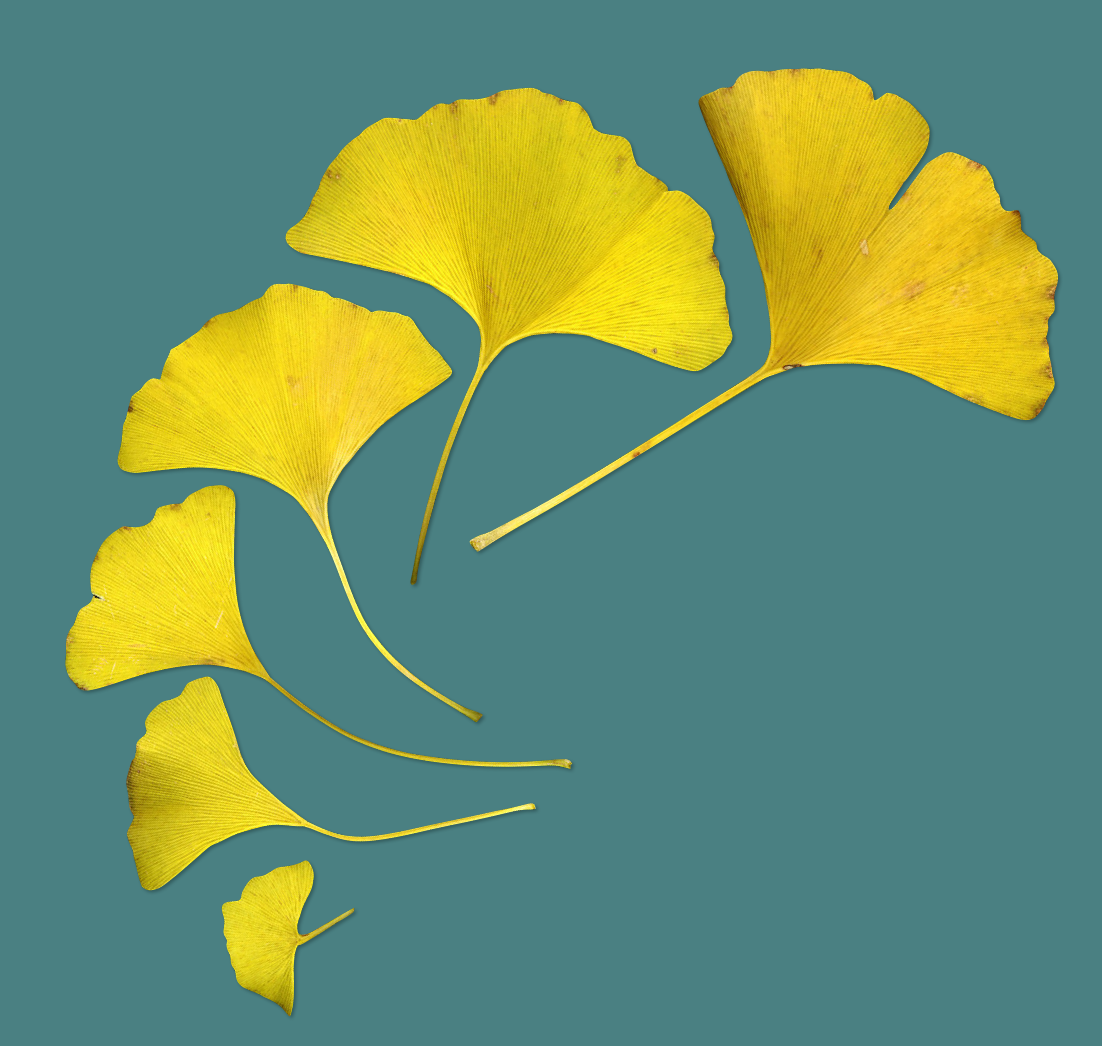Is it worth taking probiotics while on antibiotics?
Is it worth taking probiotics while on antibiotics?
Have you wondered if its worth taking probiotics while you are on a course of antibiotics? After all, wouldn’t the antibiotics just wipe out the probiotics? It would be easy to assume that this is the case, however, the evidence shows that probiotics, or certain probiotic yoghurts, are valuable to help prevent side effects from antibiotics.
Antibiotics are devastating to the natural flora of the gut. We have 10 times the number of microorganisms in our gut, than the number of cells in our body, and these microbes weight 1 to 1.5kgs. There are over 1000 species. These microbiota help to modulate our immune system, help us absorb vitamins and minerals, manage weight and blood sugar, produce fatty acids, moderate our moods....and probably so much more that science has not yet discovered. The modern diet and the use of pharmaceutical drugs, especially antibiotics, have led to the disruption of our microbiota. One round of certain antibiotics can considerably lower the amount of microbes in the gut for 60 days, but the metabolic effects of this can last up to 18 months. Antibiotic resistant microorganisms can be present up to 4 years after treatment.
Worst of all...after a strong round or repeated rounds of antibiotics, some organisms never recover, and taking probiotics will not bring them back. They simply never come back.
Researchers have concluded 'clearly, even a single antibiotic treatment in healthy individuals contributes to the risk of resistance development and leads to long-lasting detrimental shifts in the gut micro biome'.
Therefore, antibiotics should be given as a last resort, not a first resort, because their side effects can be harmful. However, sometimes they are just necessary, or you want to help someone taking them anyway.
Probiotics:
The easiest way to do this is to have 1/2 cup of Vaalia plain yoghurt every day, while on the antibiotics, and for 6 weeks afterwards. It may be best to take the yoghurt 2 hours away from the antibiotics, but in the studies it was not clear if this was done. I know, Vaalia is not organic or fancy, it is a commercial brand, but this is the one with the right strains.
Some probiotic supplements also contain these specific strains, which may be more suitable for those who cannot tolerate dairy. Sufficient numbers of these probiotics are needed. Please consult a naturopath for advice around taking probiotics for specific conditions.
Can fermented foods be substituted for probiotics? Unfortunately, when taking antibiotics, I would not rely on kombucha, kefir or sauerkraut to keep the gut healthy, as probiotic effects are strain specific. That means that specific strains are known to have very specific effects, and any strain won’t do. That is why Vaalia yoghurt is specifically recommended, because it has the strains needed to help keep the gut healthy while on antibiotics.
Of course, fermented foods are popular and do have many benefits with their rich variety of microorganisms, but should not be relied on when specific effects are wanted from probiotics. Remember, probiotics are strain specific, and sufficient quantities are needed of those strains.
Prebiotics:
It is so important to look after your gut, and that means, feed those little microbes in there lots of healthy food. A diet high in meats- the modern trendy high meat, high fat ketogenic trend- is not healthy for the gut because it doesn’t give those microbes enough nourishment to thrive. Neither does a diet high in refined carbohydrates.
A plant-based diet high in fresh vegetables and fruit, with legumes and whole grains, with lots of polyphenols and fibre, is best for a healthy gut. Research shows that specific foods that are excellent for the gut microbe health are onions, leeks, legumes, beetroot, pumpkin seeds and artichokes. Others well researched are almonds, dark cacao and green tea.
I hope this helps clear up any misunderstanding around probiotics and antibiotics.
We need to take good care of our gut microbiota, and having the right information is a good start.
References:
- Duenas, M, Gonzalez, I, Cueva, C, Jimenez-Giron, A, Sanchez-Patan, F, Santos-Buelga, C, Moreno-Arribas, V & Bartolome, B 2015, 'A Survey of Modulation of Gut Microbiota by Dietary Polyphenols', Biomed Research International,
- Hawrelak, J 2016, The Natural Gastrointestinal Masterclass Two; Prevention and treatment of travellers diarrhoea and gastrointestinal microbiota restoration.
- Jin, J, Touyama, M, Hisada, T & Benno, Y 2012, 'Effects of green tea consumption on human fecal microbiota with special reference to Bifidobacteriumspecies', Microbiology and Immunology, vol. 56, no. 11, pp. 729-739
-Manley, K, Fraenkel, M, Mayall, B & Power D 2007 'Probiotic treatment of vancomycin-resistant enterococci: a randomised controlled trial', MJA, vol. 186, no. 9, pp. 454-457Duenas, M, Gonzalez, I, Cueva, C, Jimenez-Giron, A, - Sanchez-Patan, F, Santos-Buelga, C, Moreno-Arribas, V & Bartolome, B 2015, 'A Survey of Modulation of Gut Microbiota by Dietary Polyphenols', Biomed Research International, vol. 2015, pp. 1-15




